
Published: Sep 28, 2024
How to Start an Online Business in 2024: The Ultimate Guide
How to Start an Online Business in 2024: The Ultimate Guide
Starting an online biz in 2024? Buckle up, my friend, ‘cause I’ve got the secret sauce to skyrocket your success! I’m Elena Martinez, E-Commerce Maven 🇺🇸, and I’ve helped launch more online ventures than you can shake a stick at. So grab a notepad, ‘cause I’m about to spill the tea on how to turn your digital dreams into cold, hard cash!
TLDR:What do I actually need to start an online business in 2024? Let's break it down!
1️⃣ What are the key things I need to start an online business?
The three essentials for any online biz are: a killer product or service that people actually want, a user-friendly website to strut your stuff, and a savvy marketing strategy to get eyeballs on your brand. Of course, you’ll also need a hefty dose of passion and perseverance - but that’s just the cherry on top!
2️⃣ How much money do I need to start an online business?
Here’s the tea: you can start an online biz on a shoestring budget. Many successful entrepreneurs have launched with just a few hundred bucks in their pocket. The key is to start lean, hustle hard, and reinvest your profits as you grow. Trust me, I’ve seen businesses bloom from tiny seeds!
3️⃣ Do I need any special skills or experience to start an online business?
Real talk? Nope. I’ve seen people from all walks of life crush it in the online biz world. Whether you’re a tech whiz or a total newbie, the most important “skill” is a willingness to learn and adapt. With the right resources and a can-do attitude, anyone can build a thriving online empire.
Table of Contents
- Creating Your Online Business Plan
- Building Your Online Presence
- Developing Your Product or Service
- Scaling and Growing Your Online Business
- Finding Your Online Business Niche
- Launching and Marketing Your Online Business
- Online Business Success Stories
Creating Your Online Business Plan
A solid business plan is your roadmap to success. Let’s break down the key components you’ll need to get your online venture off the ground and thriving.
Define Your Business Model
First, you need to decide how you’ll make money online. Here are some popular options:
Dropshipping
 You sell products without holding inventory. When a customer buys from you, you purchase the item from a third party who ships it directly to the customer.
You sell products without holding inventory. When a customer buys from you, you purchase the item from a third party who ships it directly to the customer.Print on Demand
 Create custom designs for t-shirts, mugs, and other products. Items are only printed when an order is placed.
Create custom designs for t-shirts, mugs, and other products. Items are only printed when an order is placed.Software as a Service (SaaS)
 Develop and sell access to software applications on a subscription basis.
Develop and sell access to software applications on a subscription basis.Digital Products
 Sell downloadable items like e-books, courses, or design templates.
Sell downloadable items like e-books, courses, or design templates.
Identify Your Target Market
Who are your ideal customers? Get specific:
- Age range
- Location
- Income level
- Interests and hobbies
- Pain points your product/service solves
The more detailed your customer profile, the better you can tailor your marketing efforts.
Outline Your Product or Service
Clearly describe what you’re selling and why it’s valuable to your target market. Include:
- Key features and benefits
- How it solves a problem or fulfills a need
- What sets it apart from competitors
Develop Your Pricing Strategy
Consider these factors when setting your prices:
- Production costs
- Competitor pricing
- Perceived value to customers
- Profit margins
Don’t be afraid to test different price points to find what works best.
Create a Marketing Plan
How will you reach your target audience? Some effective strategies include:
- Search Engine Optimization (SEO)
 Optimize your website to rank higher in search results.
Optimize your website to rank higher in search results. - Content Marketing Create valuable blog posts, videos, or podcasts to attract and engage potential customers.
- Social Media Marketing Build a following on platforms where your target audience spends time.
- Email Marketing Build a subscriber list and nurture leads through targeted campaigns.
Set Financial Projections
Estimate your startup costs, monthly expenses, and projected revenue. Be realistic – it’s better to underestimate income and overestimate expenses.
Outline Your Operations
How will you run your business day-to-day? Consider:
- Customer Service How will you handle inquiries and complaints?
- Inventory Management If applicable, how will you track and restock products?
- Shipping and Fulfillment Will you handle this yourself or use a third-party service?
Plan for Growth
Think about how you’ll scale your business as it grows. This might include:
- Hiring employees or contractors
- Expanding your product line
- Entering new markets
Set Milestones and Goals
Break your big-picture vision into smaller, actionable steps. For example:
- Launch website by [specific date]
- Reach 1,000 email subscribers within 3 months
- Generate $5,000 in monthly revenue by end of year one
Remember, your business plan isn’t set in stone. It’s a living document that should evolve as your business grows and market conditions change. Review and update it regularly to stay on track and adapt to new opportunities.
Building Your Online Presence
Building a strong online presence is key to your business success. Let’s dive into the essential steps:
Choose Your Domain Name
Your domain name is your digital address. Make it:
- Memorable
- Easy to spell
- Relevant to your business
I recommend using a domain registrar like Namecheap or GoDaddy. They often run promotions where you can snag a domain for under $10/year.
Select a Website Platform
For most online businesses, I suggest using Shopify. It’s user-friendly and packed with features to help you sell. Other solid options include:
- WordPress with WooCommerce Great for content-heavy sites
- Squarespace Beautiful templates, but less customizable
Design Your Website
Your site needs to look professional and be easy to navigate. Key elements:
- Clean, modern design
- Clear calls-to-action
- Mobile responsiveness
Don’t go overboard with fancy features. Keep it simple and focused on your products or services.
Optimize for Search Engines
Search Engine Optimization (SEO) helps customers find you online. Basic steps:
- Use relevant keywords in your content
- Create unique product descriptions
- Build quality backlinks from other sites
Set Up Social Media Profiles
Choose platforms where your target audience hangs out. Popular options:
- Facebook Great for community building
- Instagram Perfect for visual products
- LinkedIn Ideal for B2B businesses
Create Compelling Content
Regularly publish content that provides value to your audience:
- Blog posts
- How-to videos
- Infographics
This builds trust and keeps people coming back to your site.
Implement Analytics
Use tools like Google Analytics to track your website performance. Monitor:
- Traffic sources
- Popular pages
- Conversion rates
This data helps you make informed decisions about your online strategy.
Secure Your Site
Protect your customers’ data with:
- SSL Certificate
 Encrypts data between your site and visitors
Encrypts data between your site and visitors - Strong passwords
- Regular software updates
Build an Email List
Email marketing is still one of the most effective ways to reach customers. Use tools like Mailchimp or Klaviyo to:
- Collect email addresses
- Send newsletters
- Create automated campaigns
Remember, building a strong online presence takes time and effort. Be patient, stay consistent, and keep improving based on your analytics and customer feedback.
Developing Your Product or Service
Alright, let’s dive into the nitty-gritty of creating something people actually want to buy. This is where the rubber meets the road, folks!
Research Your Target Market
Before you sink time and money into development, you gotta know your audience inside and out:
- Survey Monkey
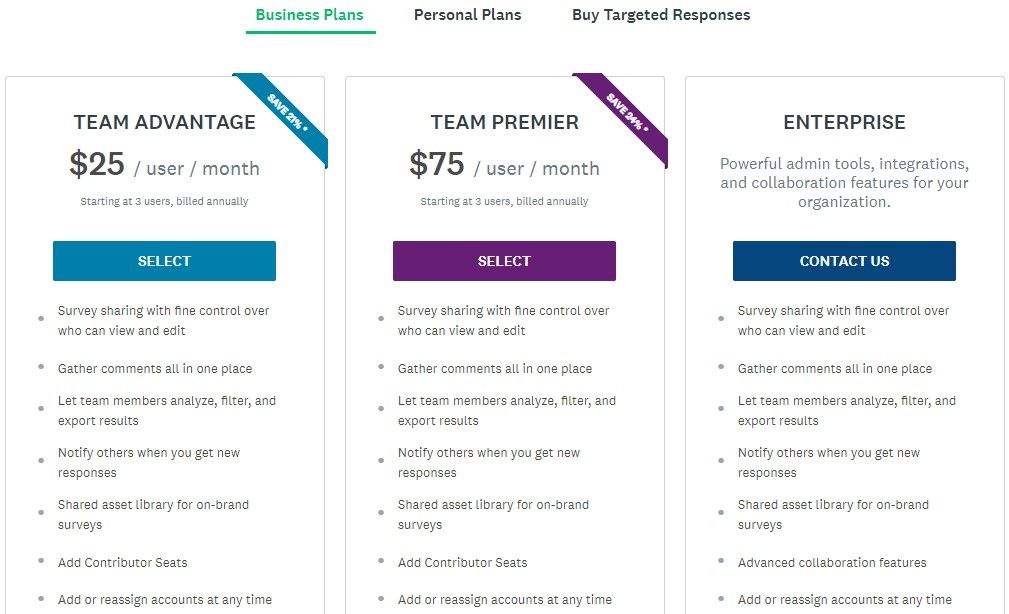 Use it to poll potential customers about their needs and pain points.
Use it to poll potential customers about their needs and pain points. - Google Trends See what people are searching for in your niche.
- Reddit Dive into subreddits related to your product idea. People spill their guts there!
Prototype and Test
Don’t wait for perfection. Get a basic version out there:
- 3D Printing
 Great for quick, cheap physical prototypes.
Great for quick, cheap physical prototypes. - Figma Design software mockups without coding skills.
- Beta Testing Recruit early users to try your product and give feedback.
Sourcing and Manufacturing
If you’re selling physical goods:
- Alibaba Find manufacturers, but watch out for scams.
- MakersRow Connect with American manufacturers if you want to keep it local.
For digital products:
- Teachable
 Platform for creating and selling online courses.
Platform for creating and selling online courses. - Canva Design ebooks, templates, and other digital goodies.
Quality Control
Don’t skimp here. One bad review can tank your biz:
- Set clear quality standards
- Inspect a sample of every batch
- Have a solid return/refund policy
Pricing Strategy
Price too high, no sales. Too low, no profit. Find the sweet spot:
- Cost-plus pricing
 Add a markup to your costs.
Add a markup to your costs. - Value-based pricing Charge based on perceived value to the customer.
- Competitive pricing Match or undercut your rivals.
Packaging and Branding
Make your product stand out:
- 99designs
 Get a pro logo without breaking the bank.
Get a pro logo without breaking the bank. - Pakible Custom packaging for physical products.
- Canva DIY graphics for digital products.
Legal Stuff
Boring but crucial:
- Trademark search
 Make sure you’re not stepping on anyone’s toes.
Make sure you’re not stepping on anyone’s toes. - Patents Protect your unique inventions.
- Terms of Service Cover your butt legally.
Fulfillment and Delivery
Get your stuff to customers fast and cheap:
- Fulfillment by Amazon (FBA)
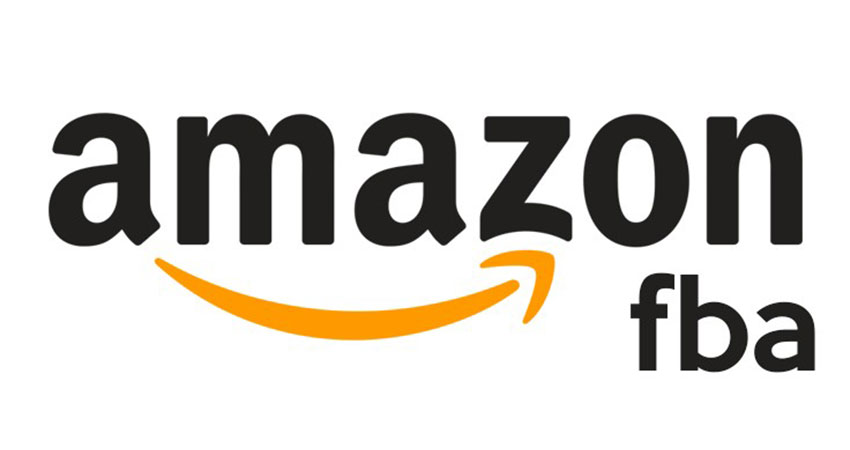 They handle storage and shipping.
They handle storage and shipping. - ShipStation Manage orders from multiple sales channels.
- Shopify Fulfillment Network Good for Shopify store owners.
Remember, developing a product isn’t a one-and-done deal. Keep tweaking based on customer feedback. The market’s always changing, so your product should too!
Scaling and Growing Your Online Business
You’ve got your online business up and running - congrats! Now it’s time to take things to the next level. Let’s dive into some proven strategies for scaling and growing your digital empire.
Automate and Streamline Operations
As your business grows, you’ll need to work smarter, not harder:
- Zapier
 Connect your apps and automate workflows. I use it to automatically add new customers to my email list and Slack channel.
Connect your apps and automate workflows. I use it to automatically add new customers to my email list and Slack channel. - Trello Manage projects and tasks visually. Great for keeping your team organized as you scale.
- QuickBooks Online Simplify accounting and bookkeeping. Trust me, you’ll thank yourself come tax season.
Expand Your Product Line
Don’t put all your eggs in one basket:
- Product Line Extension
 Offer variations of your best-sellers. If your yoga mats are flying off the shelves, consider adding yoga blocks or straps.
Offer variations of your best-sellers. If your yoga mats are flying off the shelves, consider adding yoga blocks or straps. - Bundling Package complementary products together. It increases average order value and gives customers more value.
Leverage Data Analytics
Make decisions based on cold, hard facts:
- Google Analytics
 Dive deep into your website traffic and user behavior.
Dive deep into your website traffic and user behavior. - Hotjar See how visitors interact with your site through heatmaps and recordings.
- Klaviyo For e-commerce, it provides powerful insights into customer behavior and segmentation.
Explore New Marketing Channels
Don’t put all your marketing eggs in one basket:
- TikTok
 Exploding in popularity. Great for reaching younger audiences.
Exploding in popularity. Great for reaching younger audiences. - Pinterest Often overlooked, but killer for visual products and driving traffic.
- Podcast Advertising Find shows your target audience loves and sponsor them.
Optimize for Mobile
Mobile traffic is huge. Make sure your site is ready:
- Responsive Design
 Your site should look great on all devices.
Your site should look great on all devices. - Progressive Web Apps (PWAs) Offer app-like experiences without the app store.
Build Strategic Partnerships
Two heads are better than one:
- Affiliate Marketing Partner with influencers or complementary businesses to promote each other.
- Joint Ventures Team up with another business to create a new product or service.
Invest in Customer Retention
It’s cheaper to keep a customer than find a new one:
- Loyalty Programs
 Reward repeat customers. I’ve seen businesses increase retention by 30% with a solid program.
Reward repeat customers. I’ve seen businesses increase retention by 30% with a solid program. - Email Marketing Stay top-of-mind with regular, value-packed newsletters.
Consider Funding Options
Sometimes you need cash to grow:
- Crowdfunding
 Platforms like Kickstarter can provide capital and validate your ideas.
Platforms like Kickstarter can provide capital and validate your ideas. - Small Business Loans Traditional route, but can provide significant capital for expansion.
- Angel Investors For tech startups, this can provide mentorship along with money.
Continual Learning and Adaptation
The online world moves fast. Stay ahead of the curve:
- Online Courses
 Platforms like Coursera offer classes on everything from digital marketing to data science.
Platforms like Coursera offer classes on everything from digital marketing to data science. - Industry Conferences Network and learn from the best in your field.
Remember, scaling isn’t just about getting bigger - it’s about getting better. Focus on improving your systems, delighting your customers, and staying adaptable. The online business world moves fast, but with these strategies, you’ll be ready to ride the wave to success.
Finding Your Online Business Niche
Choosing the right niche is crucial for your online business success. Let’s dive into how to find that perfect sweet spot:
Research Market Trends
Start by exploring what’s hot right now:
- Google Trends Track rising search terms in your areas of interest.
- Amazon Best Sellers Check out what’s flying off the virtual shelves.
Identify Your Passions and Skills
Your niche should align with what you love and what you’re good at:
- Make a list of your hobbies, skills, and areas of expertise.
- Consider how these could translate into products or services.
Analyze Competition
Don’t be afraid of competition - it means there’s a market! But do your homework:
- SEMrush
 Peek at your competitors’ traffic and keywords.
Peek at your competitors’ traffic and keywords. - Ahrefs Dive deep into backlink profiles and content gaps.
Define Your Target Audience
Get specific about who you’re serving:
- Create detailed buyer personas.
- Use Facebook Audience Insights to understand your potential customers.
Evaluate Profitability
Make sure there’s money to be made:
- Check average product prices in your niche.
- Look for affiliate programs or potential partnerships.
Test Your Niche Idea
Before going all-in, dip your toes:
- Create a simple landing page to gauge interest.
- Run small-scale Facebook Ads to test demand.
Consider Long-Term Potential
Think about the future of your niche:
- Is it a passing fad or a growing trend?
- Are there opportunities to expand or pivot later?
Narrow Down Your Focus
Don’t try to be everything to everyone:
- Start specific, then broaden as you grow.
- Example: Instead of “fitness,” focus on “HIIT workouts for busy moms.”
Remember, finding your niche is a process. Don’t be afraid to pivot if your first idea doesn’t stick. The key is to stay flexible and keep learning about your market and customers.
Launching and Marketing Your Online Business
Alright, let’s get your online business out there and raking in those sales! I’ve helped dozens of entrepreneurs go from zero to hero with these strategies. Here’s the lowdown on launching and marketing your digital venture:
Create a Pre-Launch Buzz
Build anticipation before you even open your virtual doors:
- Landing Page
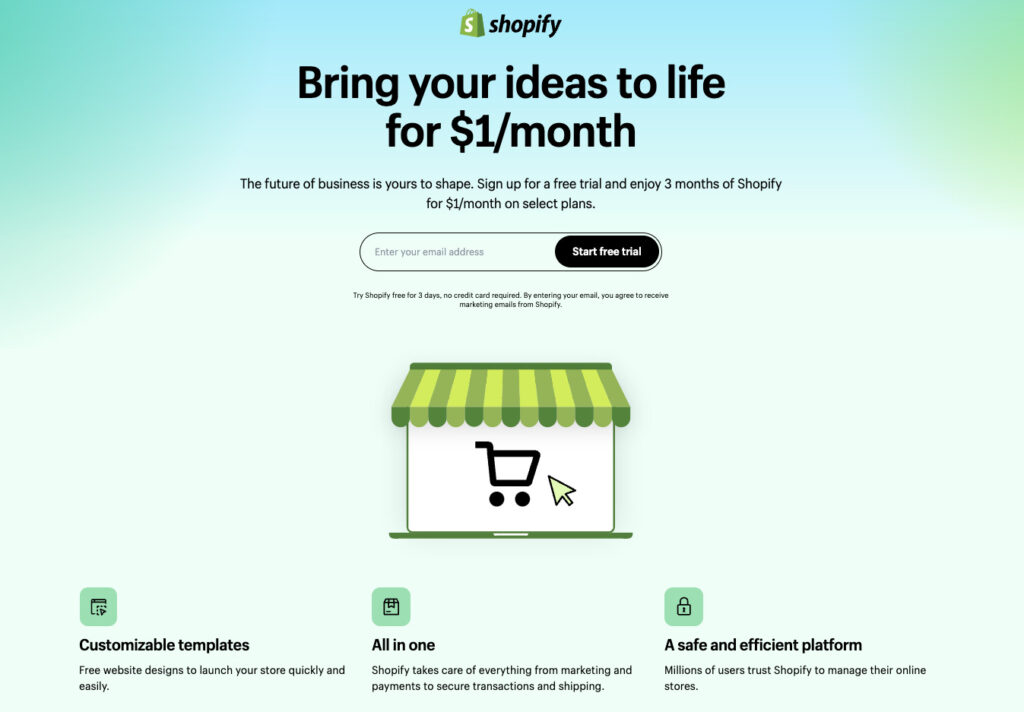 Set up a simple page to collect email addresses from interested folks.
Set up a simple page to collect email addresses from interested folks. - Teaser Campaign Drop hints about your product on social media to pique curiosity.
Nail Your Launch Day
Make a splash when you go live:
- Email Blast Send a killer announcement to your subscriber list.
- Social Media Blitz Post across all your platforms with eye-catching graphics.
Leverage Content Marketing
Create valuable content that attracts your target audience:
- Blog Posts Write helpful articles related to your niche.
- YouTube Videos Show off your products or share industry insights.
Harness the Power of Social Media
Build a community around your brand:
- Instagram Perfect for visually appealing products.
- LinkedIn Great for B2B businesses and networking.
Implement Email Marketing
Nurture leads and keep customers coming back:
- Welcome Series Set up automated emails for new subscribers.
- Abandoned Cart Emails Remind shoppers about items left in their cart.
Explore Paid Advertising
Boost visibility with targeted ads:
- Google Ads
 Get in front of people actively searching for your products.
Get in front of people actively searching for your products. - Facebook Ads Laser-target your ideal customers based on interests and behaviors.
Collaborate with Influencers
Tap into existing audiences:
- Micro-Influencers
 Partner with niche influencers who have highly engaged followers.
Partner with niche influencers who have highly engaged followers. - Affiliate Programs Offer commissions to influencers who drive sales.
Optimize for Search Engines
Help customers find you organically:
- Keyword Research
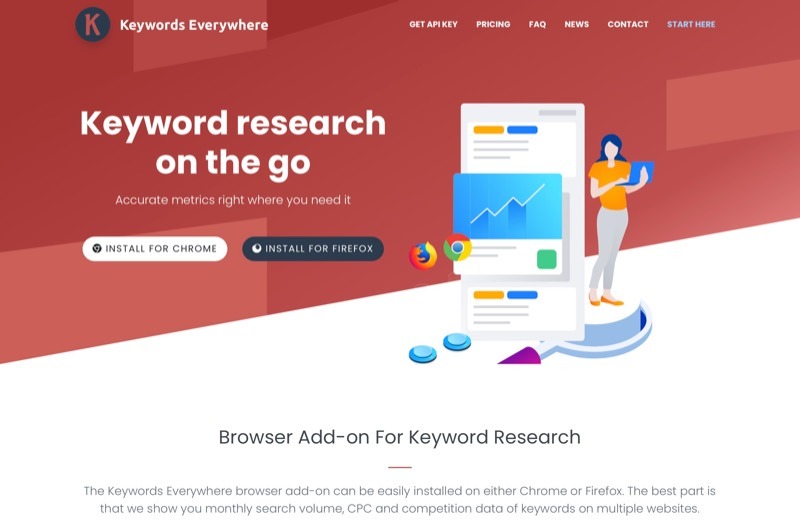 Use tools like Ahrefs to find relevant search terms.
Use tools like Ahrefs to find relevant search terms. - On-Page SEO Optimize your product descriptions and blog posts for target keywords.
Provide Stellar Customer Service
Happy customers are your best marketers:
- Live Chat
 Use tools like Intercom to answer questions in real-time.
Use tools like Intercom to answer questions in real-time. - FAQ Page Address common questions to reduce support tickets.
Track and Analyze Your Efforts
Use data to refine your marketing strategy:
- Google Analytics
 Monitor website traffic and user behavior.
Monitor website traffic and user behavior. - A/B Testing Experiment with different marketing messages to see what resonates.
Remember, marketing is a marathon, not a sprint. Stay consistent, keep testing new ideas, and always put your customers first. With these strategies, you’ll be well on your way to building a thriving online business!
Online Business Success Stories
Let’s dive into some inspiring tales of online business success. These entrepreneurs started from scratch and built empires - proving that with the right idea and hustle, anything’s possible!
Shopify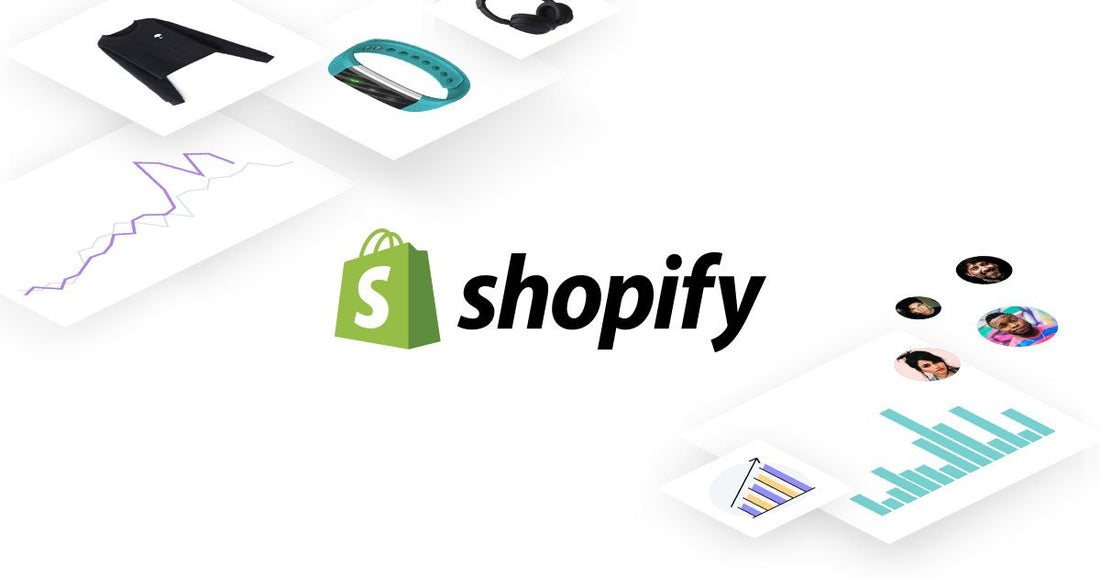
- Founded in 2006 by Tobias Lütke, Daniel Weinand, and Scott Lake
- Started as an online snowboard equipment store
- Now powers over 1.7 million businesses in 175 countries
- Key takeaway: Solve your own problem, then scale the solution
Airbnb
- Founded in 2008 by Brian Chesky, Joe Gebbia, and Nathan Blecharczyk
- Began as a way to rent out air mattresses in their San Francisco apartment
- Valued at over $100 billion as of 2021
- Key takeaway: Start small, test your idea, and iterate based on feedback
Gymshark
- Founded in 2012 by Ben Francis at age 19
- Started by hand-sewing and screen-printing fitness apparel in his parents’ garage
- Now a billion-dollar company with a massive social media following
- Key takeaway: Leverage social media and influencer marketing to build a brand
Dollar Shave Club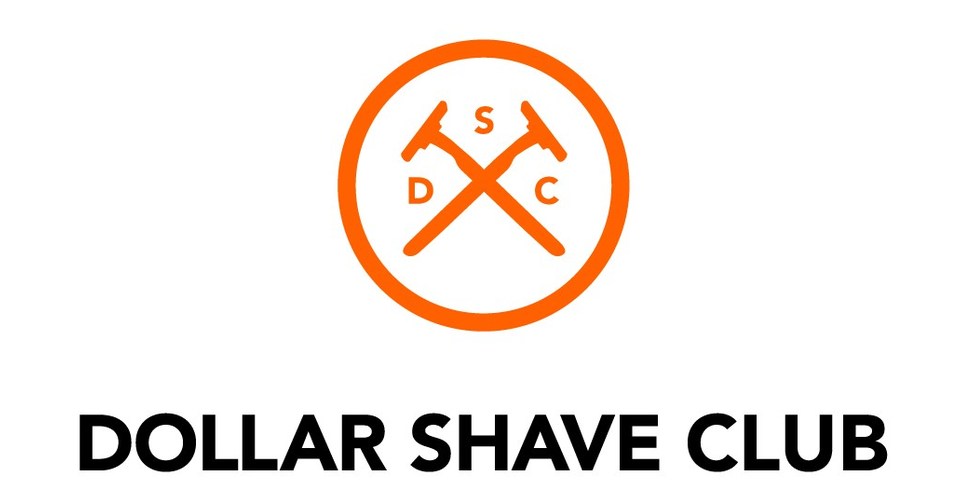
- Founded in 2011 by Michael Dubin and Mark Levine
- Launched with a viral video that cost just $4,500 to produce
- Acquired by Unilever for $1 billion in 2016
- Key takeaway: Creative marketing can level the playing field against big competitors
Warby Parker
- Founded in 2010 by Neil Blumenthal, Andrew Hunt, David Gilboa, and Jeffrey Raider
- Disrupted the eyewear industry with their direct-to-consumer model
- Valued at over $6 billion as of 2021
- Key takeaway: Find an industry ripe for disruption and offer a better customer experience
Etsy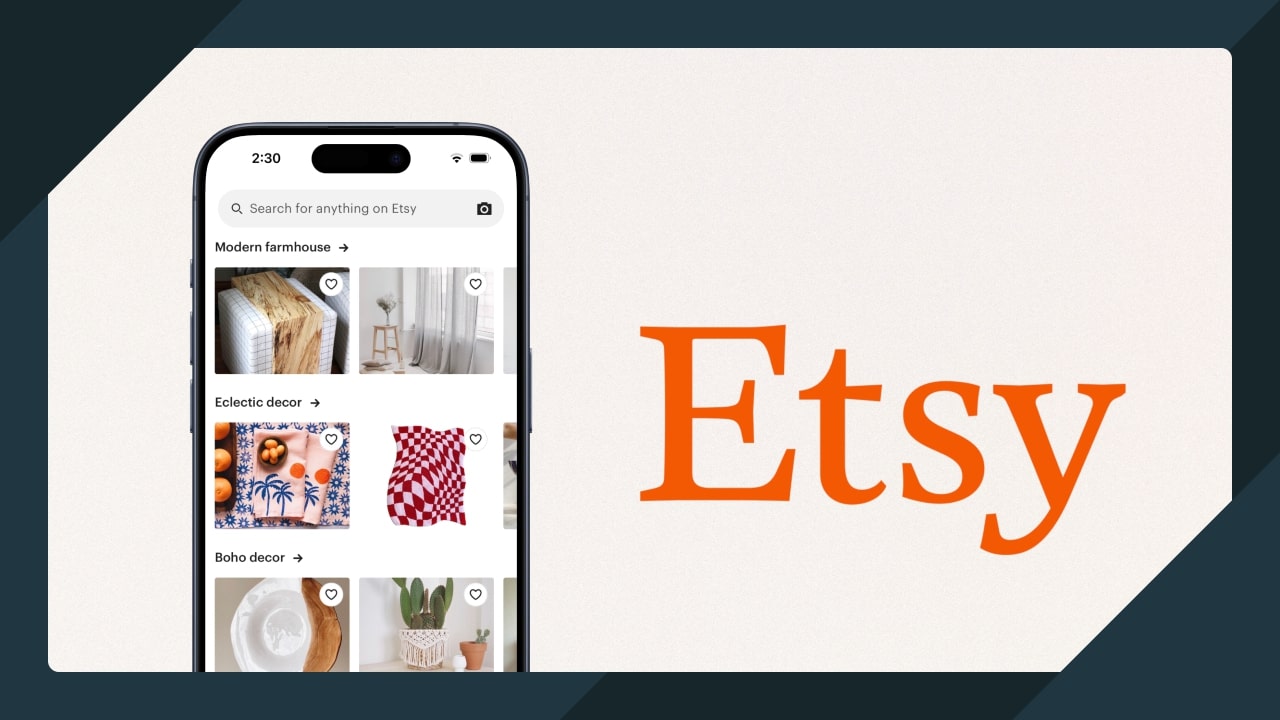
- Founded in 2005 by Rob Kalin, Chris Maguire, and Haim Schoppik
- Created as a marketplace for handmade and vintage items
- Now has over 4.3 million sellers and 81.9 million buyers
- Key takeaway: Build a platform that empowers others to start their own businesses
Common Threads of Success
Analyzing these success stories, we can identify some key strategies:
Identify a Real Problem All these businesses solved a genuine pain point for their customers.
Leverage Technology
 They used digital tools to reach global audiences and streamline operations.
They used digital tools to reach global audiences and streamline operations.Focus on User Experience
 Prioritizing customer satisfaction led to organic growth and loyalty.
Prioritizing customer satisfaction led to organic growth and loyalty.Adapt Quickly
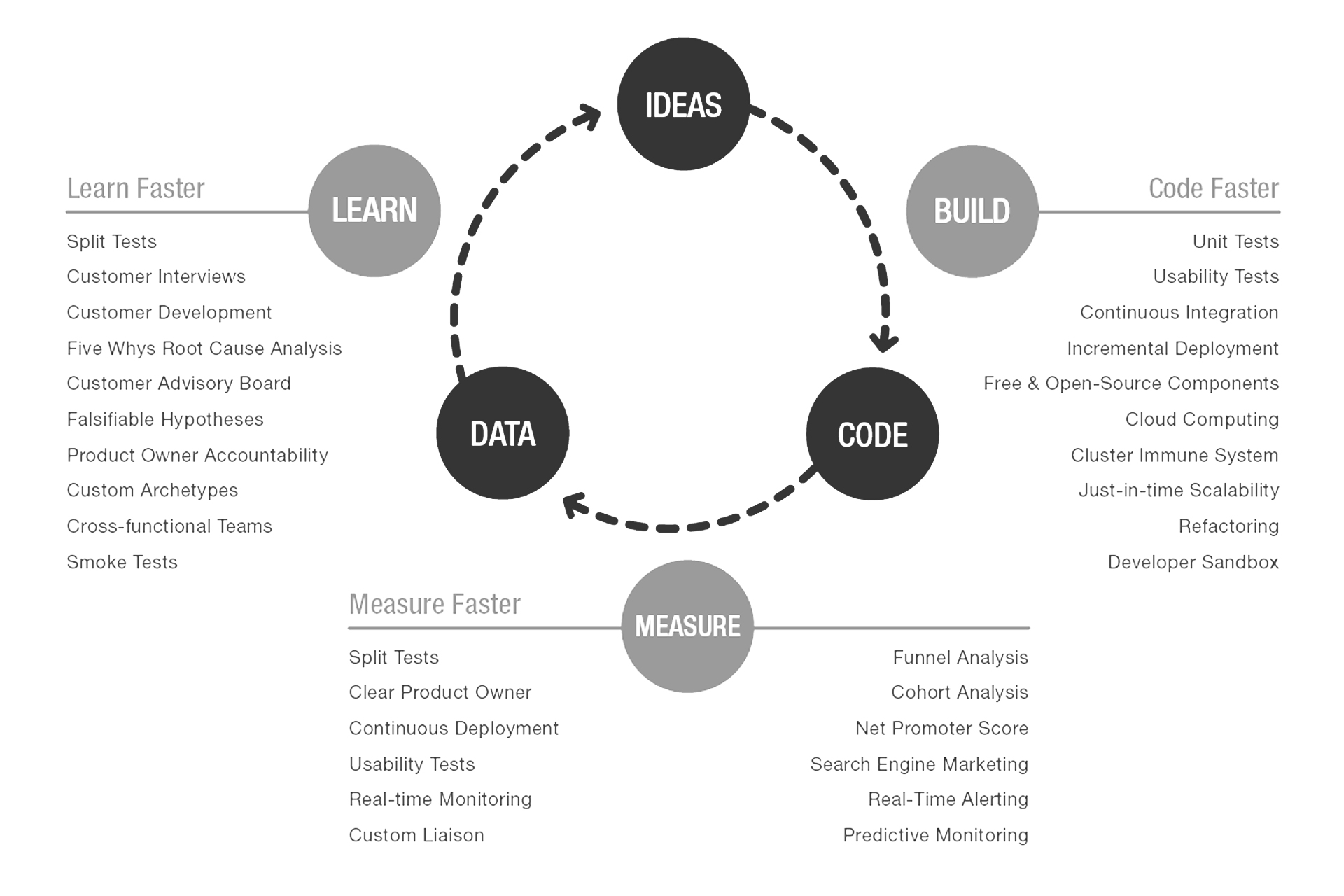 These companies weren’t afraid to pivot based on market feedback.
These companies weren’t afraid to pivot based on market feedback.Build Strong Brands
 They created unique identities that resonated with their target audiences.
They created unique identities that resonated with their target audiences.
Remember, success rarely happens overnight. These businesses faced countless challenges and setbacks. The key is to stay persistent, learn from your mistakes, and keep pushing forward. With the right mindset and strategies, your online business could be the next success story we’re talking about!
